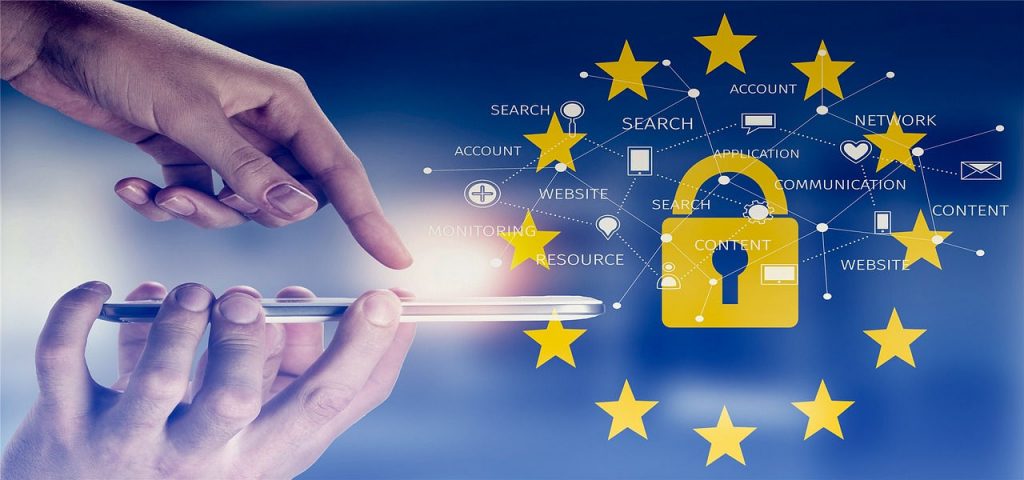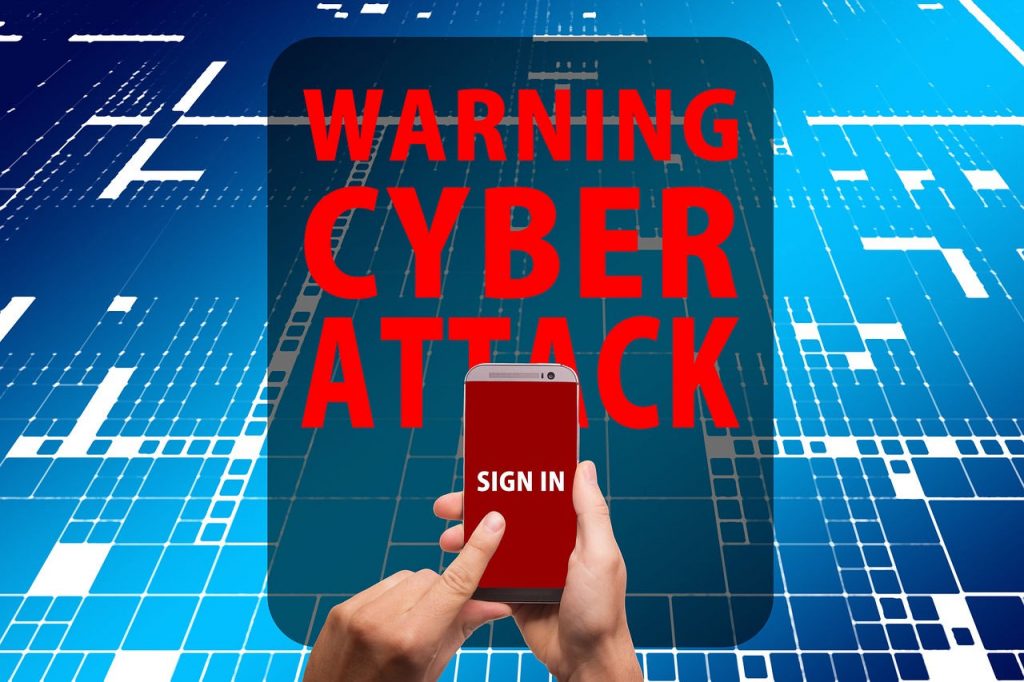Your business data is your lifeblood and the lifeblood of your company. Unfortunately, many businesses do not take the steps necessary to protect their data. This can lead to disaster if proper measures are not taken to prevent data breaches and other cyber attacks. Many companies deal with this by taking out cyber insurance policies that pay for costs associated with damage due to violations or hacks, but what steps should you now take to prevent this from ever happening?

Here are eight top tips on how to secure your business data:
1) Hire IT Personnel Who Have Cyber Security Experience
A company’s internal cyber security department should consist of personnel with lots of experience dealing with various forms of online attacks and who can implement proactive measures for preventing these types of attacks in the future. These employees are more likely to make better judgments than individuals who lack this specific expertise. Furthermore, it is best to hire an IT consultancy firm with experience in cyber security data. Such companies will have the necessary knowledge and skills to help you protect your business’s data.
2) Don’t Give Out Sensitive Information Via Email
Email is one of the biggest, if not the biggest, targets for cybercriminals in terms of hacking into a system or stealing large amounts of information from individuals or companies via email phishing scams. Some common things that they might look for when trying to access a company’s system are valid email addresses with the domain name of the organization in question, phone numbers, and human resources documents such as job descriptions and salary information. This information can be used to craft targeted spear-phishing emails explicitly designed to dupe certain employees into giving up login credentials or downloading malware onto their computer systems.
3) Make Use Of Data Encryption
Encrypting your business data is a must-do nowadays to protect it from cybercriminals and other types of attacks—one method for encrypting data that has become increasingly popular amongst companies in cloud service encryption. Cloud services allow you to upload, store, and access data on the Internet rather than on an individual machine such as a computer or laptop. This means all of your critical business data will be stored online, making it much easier for hackers to gain access to this information if they find out where it’s being stored and what type of security measures are in place. A comparable alternative to cloud service encryption is database encryption, which protects data using software that encrypts information before it is written to a disk or sent over the network. This software can be run on servers, desktops, laptops, or mobile devices to access encrypted data.

4) Use Two-Factor Authentication
Two-factor authentication is a very secure and reliable method of protecting your business data. This process involves signing in to a website or web application with a username and password as expected but adding steps such as sending a text message to your phone, which contains a unique code that you must type in before gaining access to the system. This makes it incredibly difficult for hackers to gain unauthorized access to your company’s network or sensitive data because they would need both your login credentials and physical possession of the device that the texted code was sent to log in.
5) Train Your Employees To Avoid Phishing Emails
Business email compromise (BEC), also known as “whaling,” is a phishing attack that targets senior executives within an organization. These employees are frequently sent requests for wire transfers or invoices from someone who appears to be trustworthy, such as another high-ranking employee or contracted third-party supplier. However, they request funds be sent to their bank account rather than the one belonging to the business they work for. By instructing your employees on recognizing and avoiding these types of scam emails, you can help them better protect your company’s data.
6) Make Use Of A Trusted VPN Service Provider
This tip will allow you to secure not only your remote workers’ connections when they’re outside of the office but also employees who bring their own devices into work to connect wirelessly using a cable with the organization’s network. A virtual private network (VPN) is a secure connection that uses encryption to protect data from being transmitted over public or untrusted networks. At the same time, it’s being sent back and forth between employees’ devices. Many VPN service providers offer different security levels depending on the type of VPN they provide. By selecting one with high levels of protection, you can help keep your company’s data safe from cybercriminals who may try to intercept this information.
7) Don’t Download Or Click Untrusted Links
Frequently clicking on links even from people you know is dangerous because they could be phishing scams or contain malware that can infect your device. Remember that clicking on a link in an email means you’re giving the sender direct access to your computer system, so it’s best to avoid doing this unless you are sure of the source and contents of links being sent. These sorts of links should be downloaded with caution, if at all, and only from trusted web pages rather than emails since they could have been hacked by cybercriminals who will then use them to gain unauthorized access to your company data.
8) Assess Your Security Measures Regularly
If you feel like there is a security vulnerability within your organization, discuss this with one of the members of your IT team or hire an outside source to help discover where your company may be at risk. That way, you can address any issues found before they result in any serious data breaches. In addition, sending out phishing emails yourself may seem like an excellent way to conduct an internal assessment of your staff’s ability to recognize scams, but doing so may open your company up to legal issues.
There are many different ways in which you can help to keep your business data safe from cybercriminals. By implementing these eight tips into your company’s security system, you’ll be able to better protect the information that your employees use every single day while they’re working. As 70% of companies report losses between $500,000 to $1 million due to a breach, it is highly recommended that businesses implement these steps as soon as possible before their company suffers a financial loss.
If you want to secure more on your information online, you’ll need to have a reliable and unlimited internet connection. With this, it can notify you from time to time. That’s why Streamtech fiber internet got you! if you want to connect, visit their website at: www.streamtech.com.ph